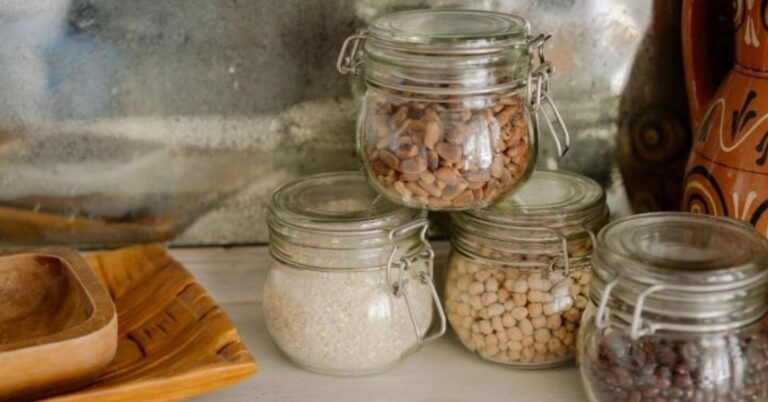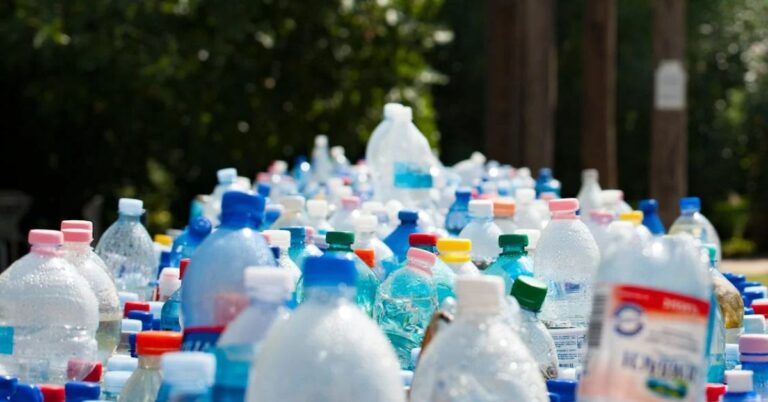5 Household Chores Grandma Mastered That Would Make Us Cry Today

Back in the day, life used to demand a kind of patience and grit that feels almost mythical today. For our grandmothers, chores were less about convenience and more about survival—skills honed through necessity, not luxury. Here are some chores from her era that remind us just how easy we have it now.
Beating Rugs Into Submission

Vacuum cleaners weren’t always a household staple, so cleaning rugs meant hauling them outside and going to town with a rug beater. Dust clouds would fill the air as the rhythmic thwack of wicker against fabric echoed through the neighborhood. It was dirty, sweaty work, but it got the job done—and the satisfaction of seeing that dirt fly off was its own reward.
Polishing Silverware to a Perfect Shine

Holidays weren’t just about the meal; they were about pulling out the good silver, which inevitably led to hours of scrubbing tarnish away. Polishing each fork, knife, and spoon was a chore of patience, requiring just the right amount of polish and a whole lot of elbow grease.
Preserving Produce for the Winter

Long before freezers made it easy to store food, canning was the ultimate skill for putting up fruits and vegetables. Grandma spent hours sterilizing jars, boiling produce, and sealing it all with precision. It wasn’t just about saving money; it was a way to ensure the family had enough to eat during the cold months. Modern meal prep feels laughable in comparison.
Cleaning Windows with Newspaper

Forget fancy sprays and microfiber cloths—Grandma’s secret weapon for streak-free windows was yesterday’s newspaper. A little vinegar, a lot of scrubbing, and her windows would sparkle like crystal. Sure, it left ink smudges on your hands, but it got the job done without all the modern gimmicks we rely on now.
Using a Wringer to Dry Laundry

Laundry day in the 1950s was a far cry from throwing clothes in a high-tech washing machine. Early electric washers came with wringers—two rollers you fed wet clothes through to squeeze out excess water. The process was slow and often dangerous, with more than one finger falling victim to those relentless rollers.






